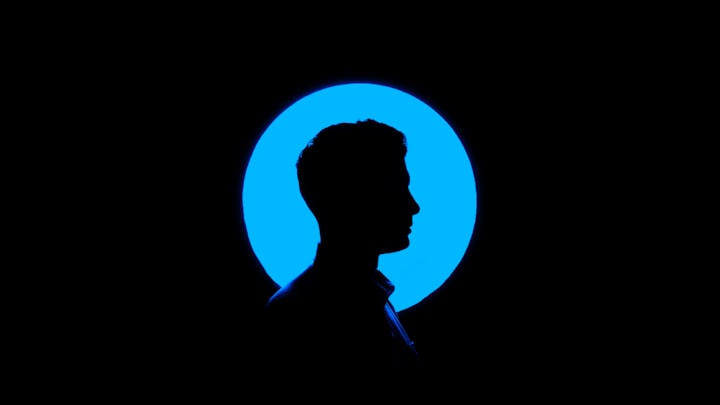Ever since I was in school and leading right through to my postgraduate degree and beyond, the one question people tend to ask me once they begin talking is 'what are you?' and this is normally stated by white people. I have been honestly ashamed of myself for taking so long to answer the question, or even answering it at all. With social media, this has happened more often than I like to admit. I have even gone as far as to put 'what I am' in the short 'bio' sections of some of my accounts in order to minimise this question even coming across in an interaction. Have I been successful? Not entirely. But why do I have a problem with the question "What Are You?" - It seems harmless, doesn't it? But it isn't. It's dehumanising and it is a question I have never seen asked to a white person. It seems to be a question reserved for people of colour.
Let's take the question at face value and asking someone "what are you?" instead of "who are you?" These two questions mean very different things. "What are you?" shows me that you are taking away a part of my humanity and also shows me you're trying to categorise me in your mind. You are trying to stick a label on me before you have even gotten to know me properly. Is this the way you want to be viewed? No, nobody wants to be viewed like that. Why? Well, obviously it does not seem like it is a nice and friendly trait to have. But another reason is that if this is taken a different way, by the dehumanisination route - it could be assumed that you believe that my identity is a 'what' and not a 'who' - insinuating some form of racial discrimination.
The next thing we can do is take the importance of the question. The question I have in response would be 'why is this important to you?' If you can give me an answer without making any racial, religious or discriminatory passes then I will offer some form of answer. But nearly all the time there is some form of answer that consists of one of three of the following attributes:
"I think you should [insert presumed emotion towards my own identity here]"
"Celebrate who you are..."
"[Insert form of curiosity posed as a question here]"
And as much as you would like to believe these are harmless questions and have no real degree of discrimination you would be wrong, in fact they are very harmful questions. The first question is someone telling me how to feel about myself and my identity. This is direct systemic racism. If you believe that what I think about your opinion on how I should feel about my identity is important, then you're just plain wrong. You are perpetuating the 'white saviour' complex in conversation form. The second question does the same but as a direct statement followed by some sort of question - it could be argued that this is worse. The third question shows me that you have previously had no contact with people of many identities and thus, I would think about whether you are really ready to befriend a person with experiences such as mine. I could direct you towards some reading on discrimination and it is likely that you would not ask that question again.
But, by far the very worst experience I have had with this was around people on my postgraduate degree. On my postgraduate degree, I was expecting a large range of people of many backgrounds and colours, of many religions and all that. But instead there were maybe three brown people, a couple of black people and the rest were middle class white people. There was an incident in a café where I was sat with said white people and there was a question posed in conversation. "What are you?" It didn't come out of nowhere, it came out of various bits of reading people were doing on topics of people of colour. Before I could answer though, the woman stated that she thought I was Egyptian but was not sure. Again, before I could respond, another woman said, "I don't think so, she might be Arabian." I do not think that they realised that modern Egyptian people and modern Arabs come from the same race of people. But that's besides the point.
I finally followed up with a question - 'why does it matter to you?'
She didn't say anything. She paused for a long moment and stated, 'I like knowing about people's identities.' As if that was an answer to give.
'Is my identity a 'what' to you?' I replied.
She paused again. "I just wanted to know where you were from."
I got up to leave the table before flashing her a little book I carry in my purse: my passport. "I'm from the same place you are." And I left.
The way in which rich, white English people deal with race has always been a problem to me. It's made up of two kinds of people more than most. The first kind are the ones who want people of colour as their token friends so they do not look like racists and the second kind are just too scared to be friends with people of colour because they are racists. The normal, average white English person comes in many forms with the vast majority not really caring about the 'what' of a person.
But it made me think about the question of 'what are you?'
Is someone who treats my identity as a 'what' someone I really want to be friends with?
About the Creator
Annie Kapur
200K+ Reads on Vocal.
English Lecturer
🎓Literature & Writing (B.A)
🎓Film & Writing (M.A)
🎓Secondary English Education (PgDipEd) (QTS)
📍Birmingham, UK







Comments
There are no comments for this story
Be the first to respond and start the conversation.